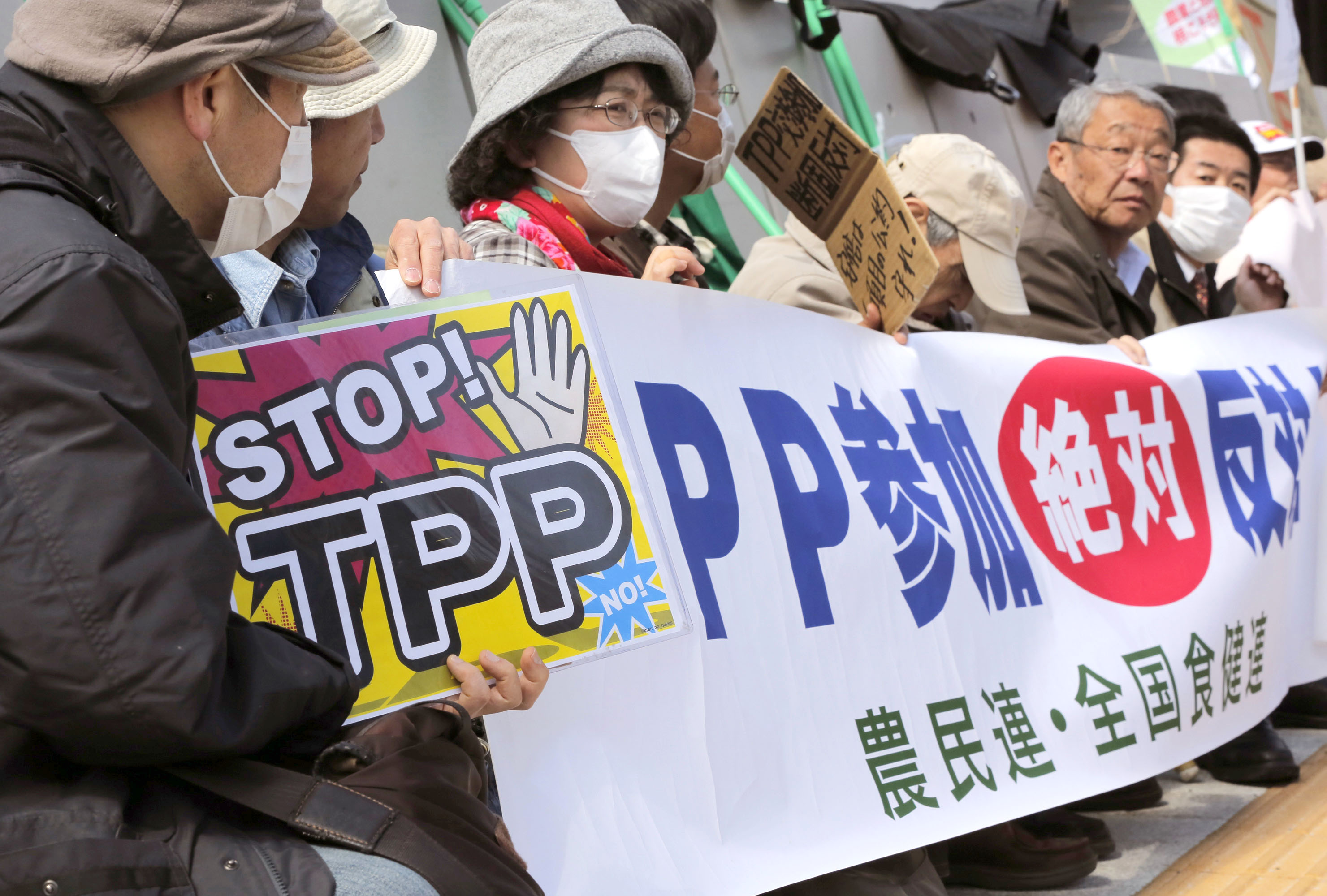On March 15, Prime Minister Shinzo Abe officially announced Japan's participation in Trans-Pacific Partnership (TPP) free-trade negotiations. Japan's decision to join the talks shows that at least some in government have accepted the fact that "opening up" Japan is in the nation's best long-term interests.
"If Japan does not participate in the negotiations," warns the draft proposal compiled by the ruling Liberal Democratic Party's committee on TPP issues, "it will be unable to take advantage of growth in the Asia-Pacific region." In this sense, Japan's participation in the TPP is very much a litmus test of its commitment to globalization.
Opposition, however, remains strong to the TPP specifically, and to globalization in general. Japan's ambivalence towards opening up is illustrated by recent calls to secure global human resources (gurōbaru jinzai). These resources are increasingly portrayed as absolutely crucial for Japan's future in the face of its global competitive decline. On the other hand, talk of global human resources is often accompanied by hand-wringing over Japan's inward-looking (uchimuki) passive youth who are seemingly less and less interested in venturing outside Japan.



















With your current subscription plan you can comment on stories. However, before writing your first comment, please create a display name in the Profile section of your subscriber account page.